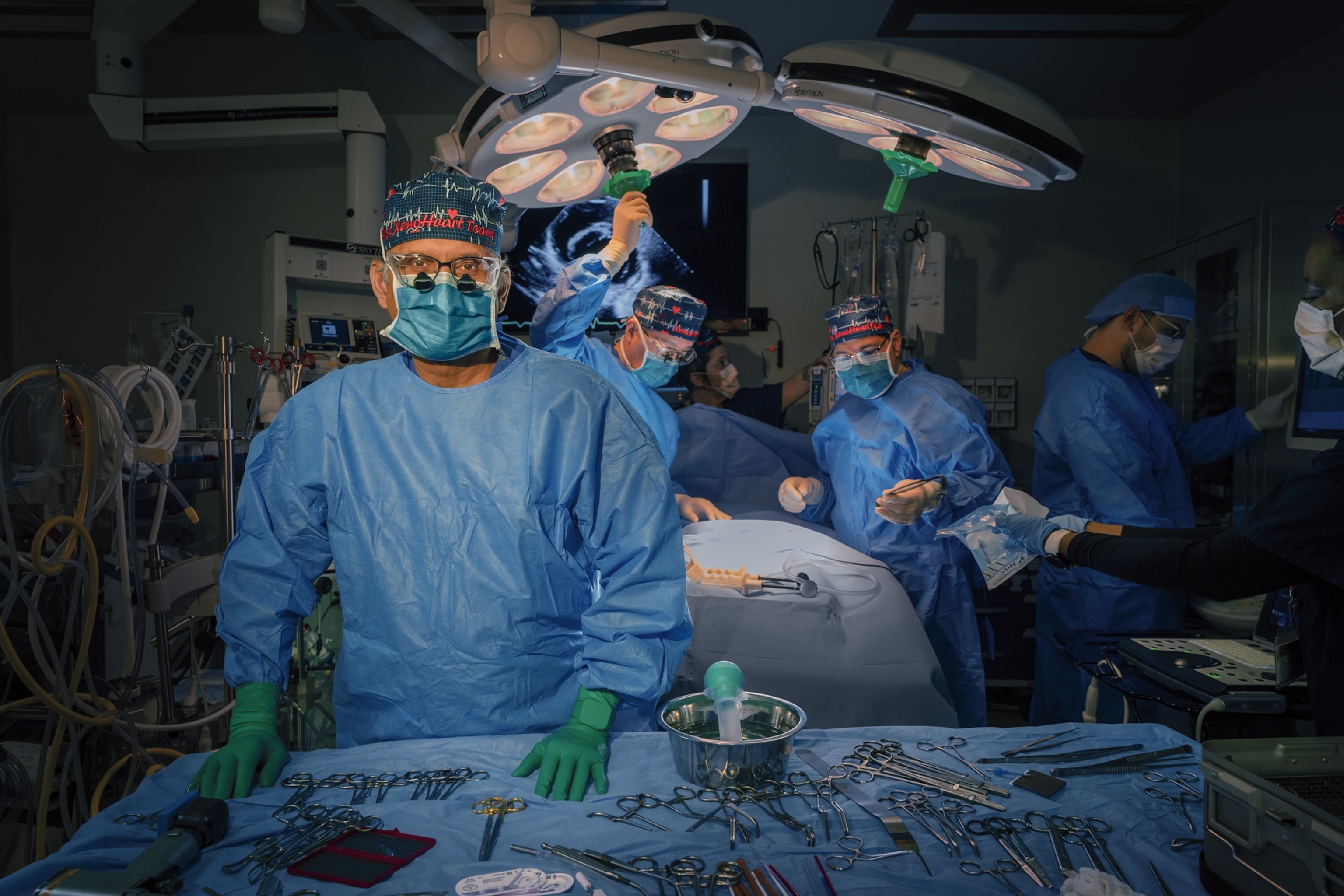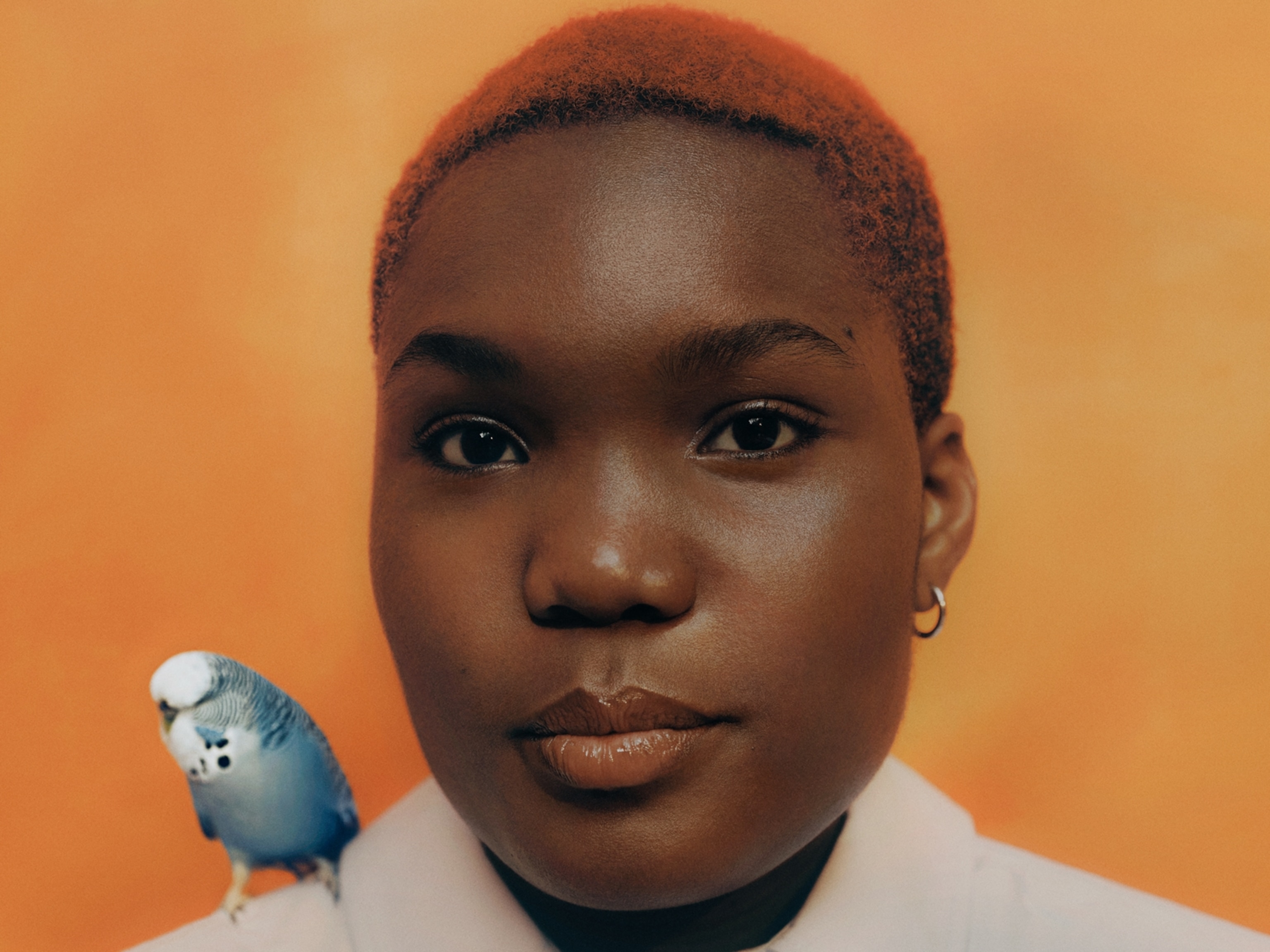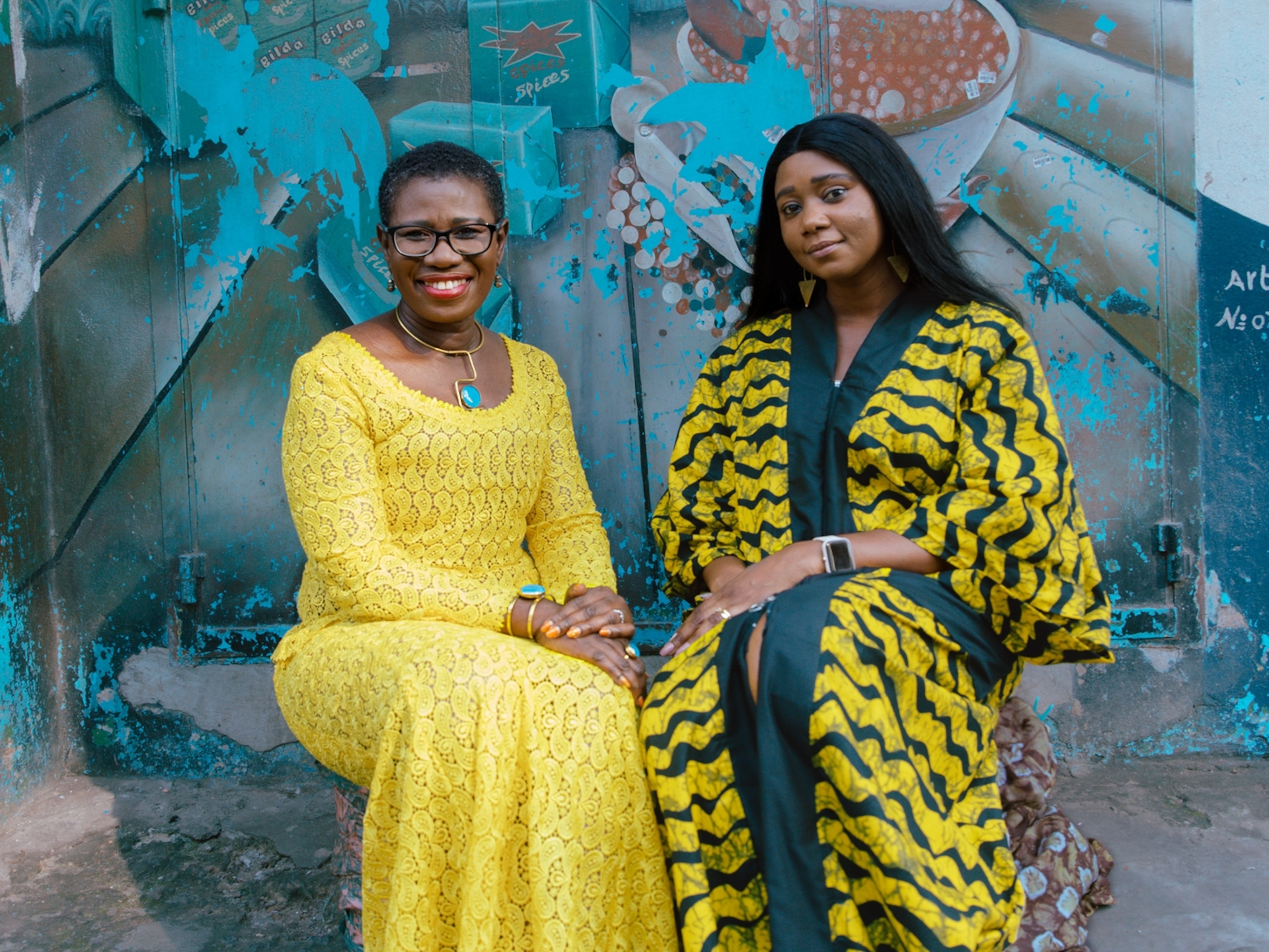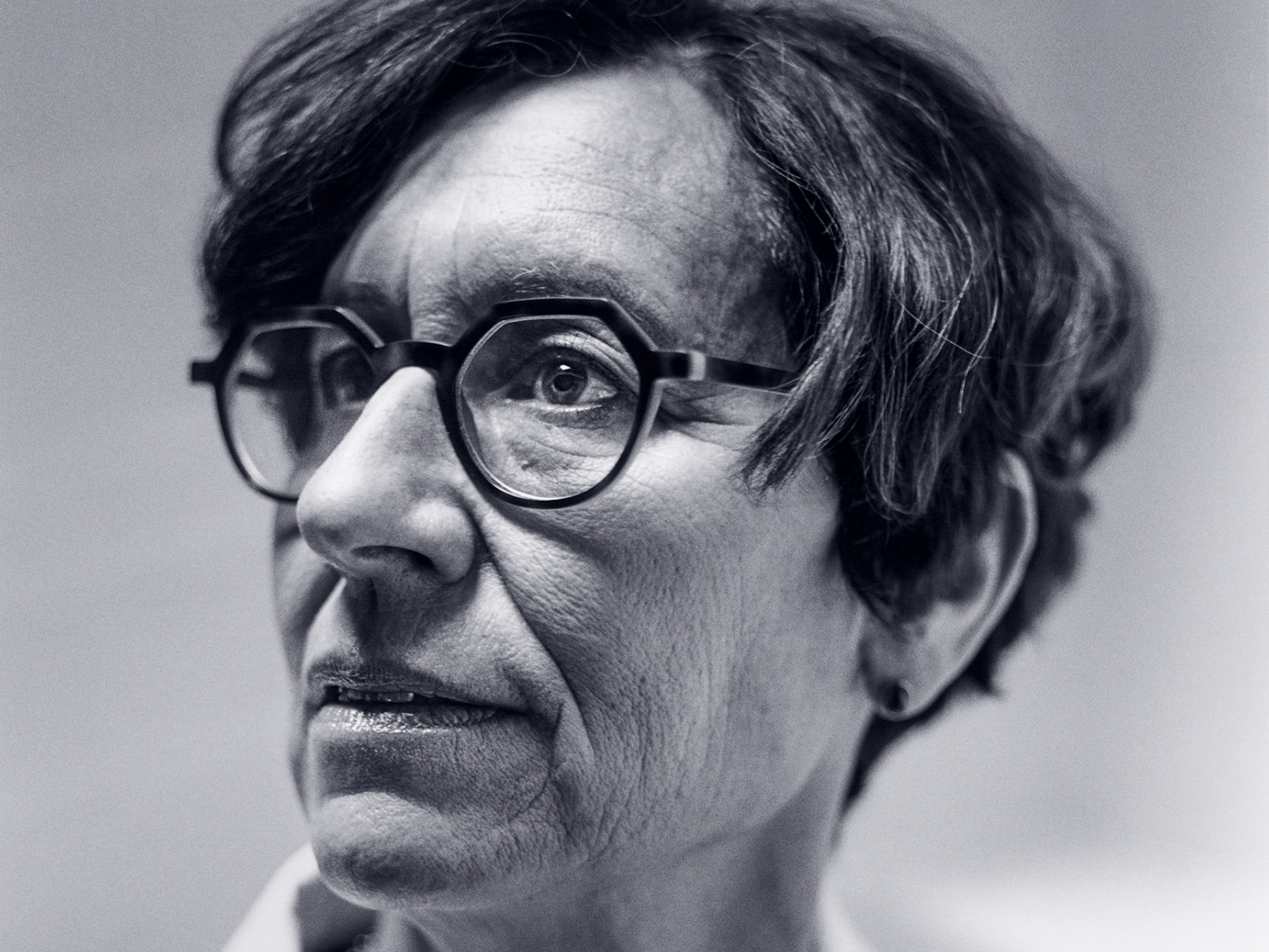The doctor who believes pig hearts could end our organ shortage
Surgeon Muhammad Mansoor Mohiuddin is a leader in the novel field of xenotransplantation—transferring organs from one species to another—in his case, from pigs to humans.

Sometimes tragedies can be breakthroughs. Or the beginnings of breakthroughs. That’s what happened a few years ago when a University of Maryland Medical Center surgical team, led by Muhammad Mansoor Mohiuddin and Bartley Griffith, performed a revolutionary new procedure on a 57-year-old who had terminal heart failure. David Bennett, Sr., had been denied a traditional heart transplant due to a variety of health factors. Thousands of people each year face a similar reality, in part because the United States has an organ shortage crisis. Mohiuddin recommended an alternative: the heart of a pig, genetically modified to minimize the chance of rejection.
The radical experiment, conducted in 2022, was a success—at least initially. Bennett’s cardiac function was strong, and he showed no signs of rejecting the organ. Sadly, he died two months later after the new heart failed from immune complications. Yet his operation gave Mohiuddin and his team valuable intelligence they could carry into the future.

Mohiuddin is a pioneer in the field of xenotransplantation, the process of transplanting organs from one species to another, and the world’s leading authority on transplanting pig hearts into humans. He grants that it’s a nascent specialty: So far, Mohiuddin has performed the procedure only one other time, in 2023. That patient, Lawrence Faucette, also died, this time some 40 days after surgery, when his immune system rejected the graft. But every transplant, every failure, brings Mohiuddin one step closer to his dream of a successful xenograft—and a world where anyone who needs a heart transplant can get one.
Initially, Mohiuddin’s experiments involved transplanting hamster hearts into rats. Then it was rat hearts into mice, and pig hearts into baboons and chimpanzees—primates in the same genetic neighborhood as humans. So why not use apes for human transplants? “What we found is that, although chimpanzees and all of the nonhuman primates are closer to humans, HIV was transmitted,” Mohiuddin explains. Plus, it takes 20 years for an ape to reach maturity and for its heart to grow large enough to function in an adult human.
Pigs, he found, offered a useful way forward: Sows produce an average of 10 piglets each, and genetically altered pigs can be raised quickly. And while the physiology of a pig is discordant with that of a human, advances in genetic editing have made pigs viable organ donors. The young pigs used in Mohiuddin’s procedures have approximately 30,000 genes, only 10 of which were altered to make their hearts suitable for transplantation. He says primarily the pigs’ genes are edited to prevent their hearts from being rejected by the human immune system; he also determines what genetic modifications are necessary to prevent pig hearts from growing once they’re placed in patients’ chest cavities. In addition, Mohiuddin has developed a novel immunosuppression regimen aimed at overcoming rejection of the transplanted pig heart.
Some people may find the idea of killing pigs for their organs distasteful, but Mohiuddin believes the practice can serve a greater good. “Whenever it comes to saving a life,” he says, “that takes precedence over any other issues.”






